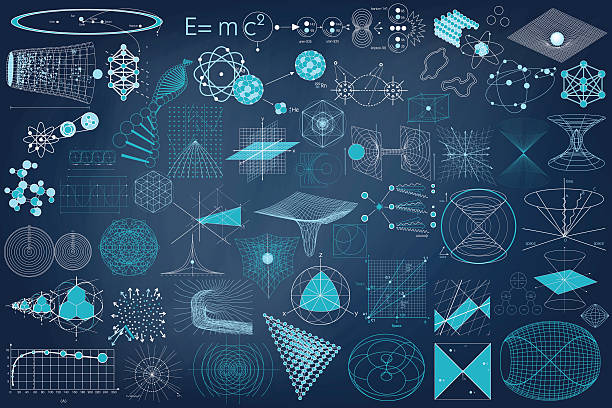
Click here to jump to the library homepage to search RooSearch -- our discovery service that simultaneously searches almost *all* of the library resources at once!
Searches thousands of libraries - and links to Interlibrary Loan.
Citing your sources: Guides and Reference
APA Citation Resources
MLA Citation Resources
